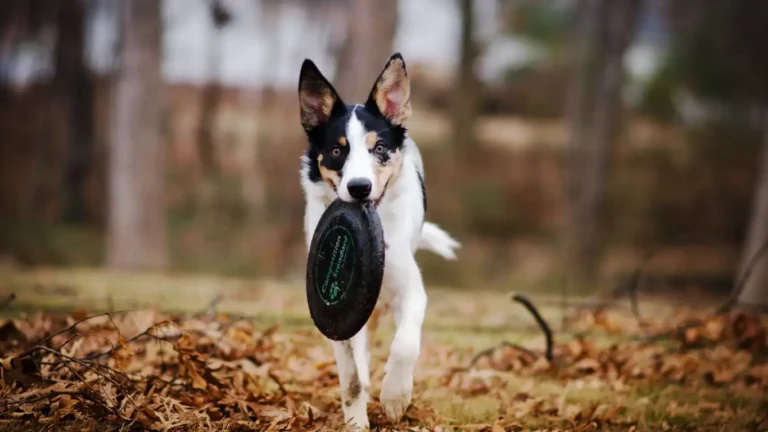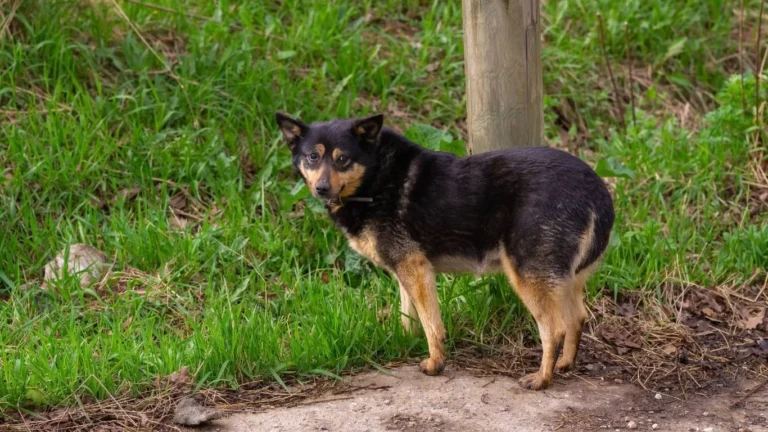Why Dogs Can Safely Eat Seedless Watermelon in Moderation
Watermelon is a juicy, sweet treat that many of us love to enjoy—especially during hot summer days. But if you’re a dog owner, you may have wondered: can dogs eat watermelon with no seeds? The short answer is yes, dogs can safely eat seedless watermelon in moderation. But there’s more to know before you toss a slice to your furry friend.
In this article, we’ll explore how watermelon affects dogs, what parts are safe to eat, and when you should be careful. Learning more about what’s safe for your dog helps keep them happy, healthy, and wagging their tail for years to come.
Understanding Watermelon and Dog Digestion
Watermelon is about 92% water, making it an excellent source of hydration. It also contains natural sugars, fiber, and vitamins like A, B6, and C. For humans, these nutrients can be great, and some of them offer benefits to dogs, too.
However, a dog’s digestive system is different from ours. While dogs are omnivores and can eat fruits and vegetables, their bodies are built more for digesting meat. They also process certain sugars and fibers differently, which means too much fruit can cause stomach issues.
The seeds in watermelon—particularly black seeds—can pose a choking hazard or cause intestinal blockage if eaten in large amounts. That’s why choosing a seedless variety (or removing all seeds) is important when feeding watermelon to your dog.
How Watermelon Affects Dogs
When given in small, seed-free pieces, watermelon can be a refreshing and healthy snack for your pup. The high water content helps keep your dog hydrated, especially on warm days or after playtime. Watermelon also has antioxidants, which support immune health.
Here are some potential benefits of feeding your dog seedless watermelon:
- Hydration: Great source of water during hot weather
- Vitamins: Provides small amounts of vitamin A and C
- Low-calorie treat: Compared to processed dog snacks, watermelon is light and natural
But too much of a good thing isn’t always better. Too much watermelon can lead to digestive upset, like gas, diarrhea, or bloating. And even though it’s fruit, it contains natural sugars, which can be too much for diabetic dogs or those with weight concerns.
Which Parts of the Watermelon Are Safe?
Not all parts of the watermelon are safe for dogs. While the pink flesh is okay in small, seedless amounts, the rind and seeds can be harmful. Here’s a quick guide:
- Flesh (pink part): Safe if seedless and served in moderation
- Black seeds: Not safe; may cause intestinal blockage or choking
- White seeds: Generally less harmful in small amounts, but still best removed
- Rind (green outer layer): Not safe; tough to digest and can cause gastrointestinal problems
To prepare watermelon for your dog, cut it into bite-sized chunks, remove all seeds, and avoid giving them the rind. Try serving it fresh or frozen for a cool summer snack.
Common Signs of Watermelon-Related Issues
If your dog eats watermelon and has a mild reaction, it’s often nothing to worry about. But keep an eye out for these signs, especially if they ate seeds or rind:
- Vomiting
- Diarrhea or loose stools
- Abdominal bloating or discomfort
- Loss of appetite
- Signs of choking or coughing
These symptoms can show up quickly, especially in smaller dogs or puppies. They may also appear if your dog has food sensitivities or a sensitive stomach in general. If you notice your dog acting differently after eating watermelon, it’s best to monitor them closely.
When to Contact a Veterinarian
If your dog has eaten a large amount of watermelon—especially with seeds or rind—it’s a good idea to call your vet. While one or two seeds might pass through without trouble, too many can block the intestines or cause vomiting and pain.
You should seek veterinary help if your dog shows any of the following:
- Repeated vomiting or diarrhea lasting more than 24 hours
- Visible discomfort or bloating in the abdomen
- Lethargy or weakness
- Refusal to eat or drink
- Unusual drooling or signs of nausea
Veterinarians can perform tests to check if there’s a blockage or irritation. In most cases, if caught early, dogs recover well with supportive care. Don’t wait too long—early help makes a big difference.
Tips for Safely Feeding Watermelon to Dogs
If you’d like to offer watermelon to your dog, here are some safe practices to follow:
- Choose seedless watermelon or remove all seeds before feeding
- Cut the fruit into small, chewable chunks
- Limit portions—treats should be no more than 10% of your dog’s daily diet
- Serve plain—no added sugar, salt, or seasonings
- Store leftovers in the fridge and discard after a few days
Try giving frozen watermelon cubes as a fun treat on hot days. Some pet owners even blend watermelon into homemade dog popsicles—just remember to keep it simple and safe.
The Bottom Line
So, can dogs eat watermelon with no seeds? Yes—when prepared properly and served in moderation, seedless watermelon is a safe and refreshing treat for most dogs. It can help with hydration, add variety to their diet, and satisfy their sweet tooth without added sugars or fats.
As with any treat, keep it occasional and portion-controlled. Watch for any signs of discomfort, and avoid the rind and seeds to prevent digestive issues. When in doubt, talk to your veterinarian about what’s right for your individual dog—especially if they have health conditions or dietary restrictions.
With a little care, you and your pup can enjoy this summer fruit together—tail wags included!






